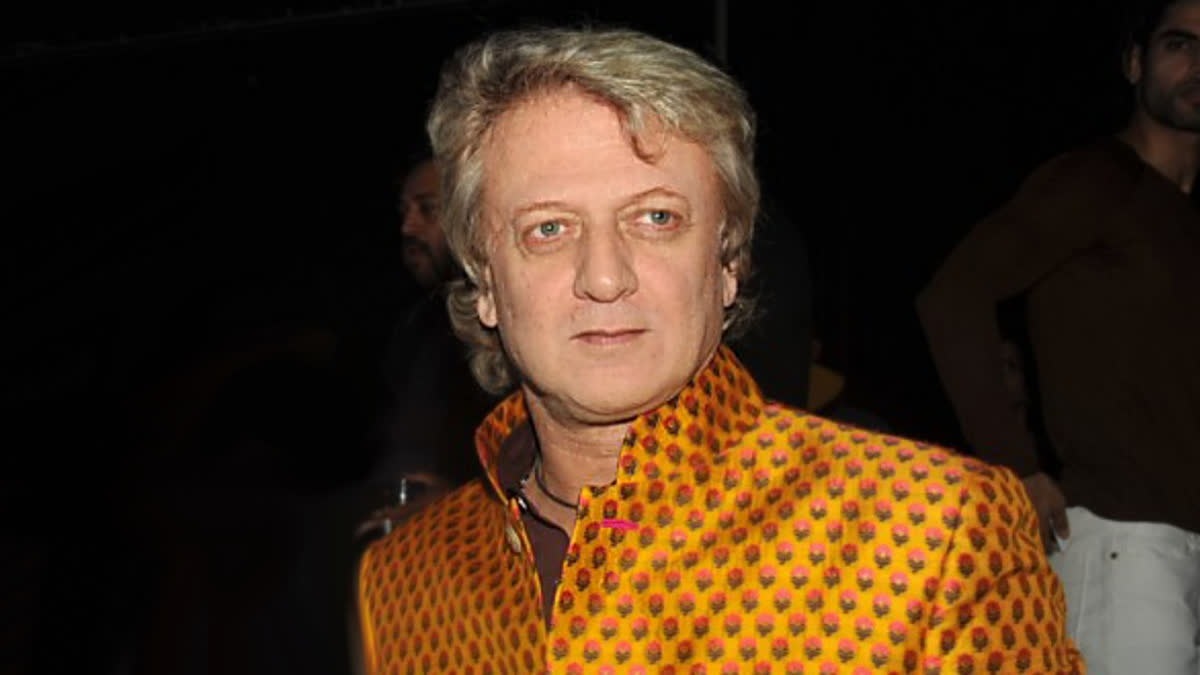Hyderabad: Rohit Bal, a fashion designer and fierce advocate for the LGBTQ+ community, recently passed away, leaving a powerful legacy. Affectionately known as Gudda, Bal once criticised Bollywood for misrepresenting gay characters and underpaying designers, sparking important discussions on authenticity and accountability. The Fashion Design Council of India honoured him as a transformative figure who bridged traditional and modern Indian fashion. Just two weeks before his passing, he presented his final collection at Lakme Fashion Week, cementing his iconic status.
Bal's journey in the fashion world began in 1986 with Orchid Oversea Pvt. Ltd., a venture he started alongside his brother. In 1990, he presented his first solo collection, quickly making a name for himself through designs that transcended gender boundaries and resonated universally. A long-time advocate for LGBTQ+ rights, Bal was known for challenging stereotypes, particularly those perpetuated in Bollywood's portrayal of gay characters. His words in a 2013 interview continue to resonate: "Bollywood makes gays appear feminine, idiotic, and abnormal. I strongly resent it. We need to portray the true lives of gays in India."
Bal's comment about Bollywood didn't stop there. He was vocal about his disappointment that few stars dared to portray gay characters sincerely. "No star has the real courage to play a gay character. If they do, no one will accept them," he had said. This perspective pushed him to make a film, without big-name actors, intending to challenge Bollywood's cliched depictions and create a narrative that celebrates the LGBTQ+ community authentically. Alongside this project, Bal was working on two books - one focusing on his views on fashion and craftsmanship and the other a pictorial journey through his experiences and vision.
For Bal, the challenges within the LGBTQ+ community extended beyond Bollywood portrayals; he often highlighted the struggle for acceptance within families. "I see parents leaving their kids because they are gay… It is really sad," he shared, highlighting the difficulties faced by many. Having been open about his own orientation, Bal believed that personal authenticity was vital in combatting social prejudices. "The moment we feel closeted, the world gets closeted for us," he said, crediting his own acceptance to his liberal family.


